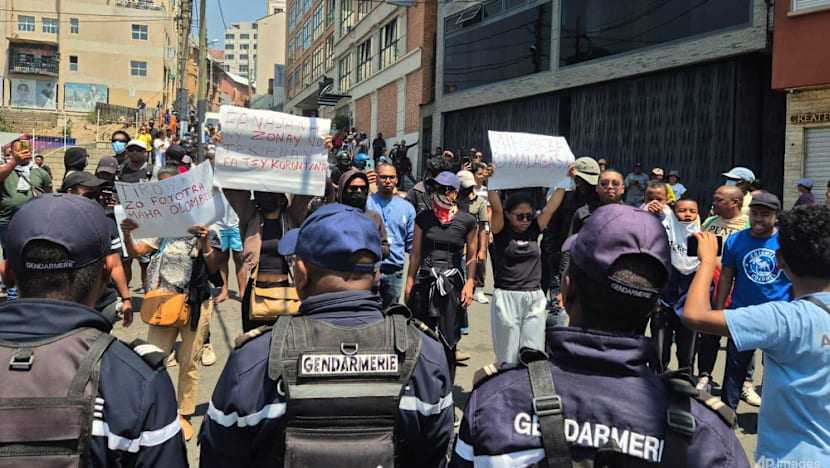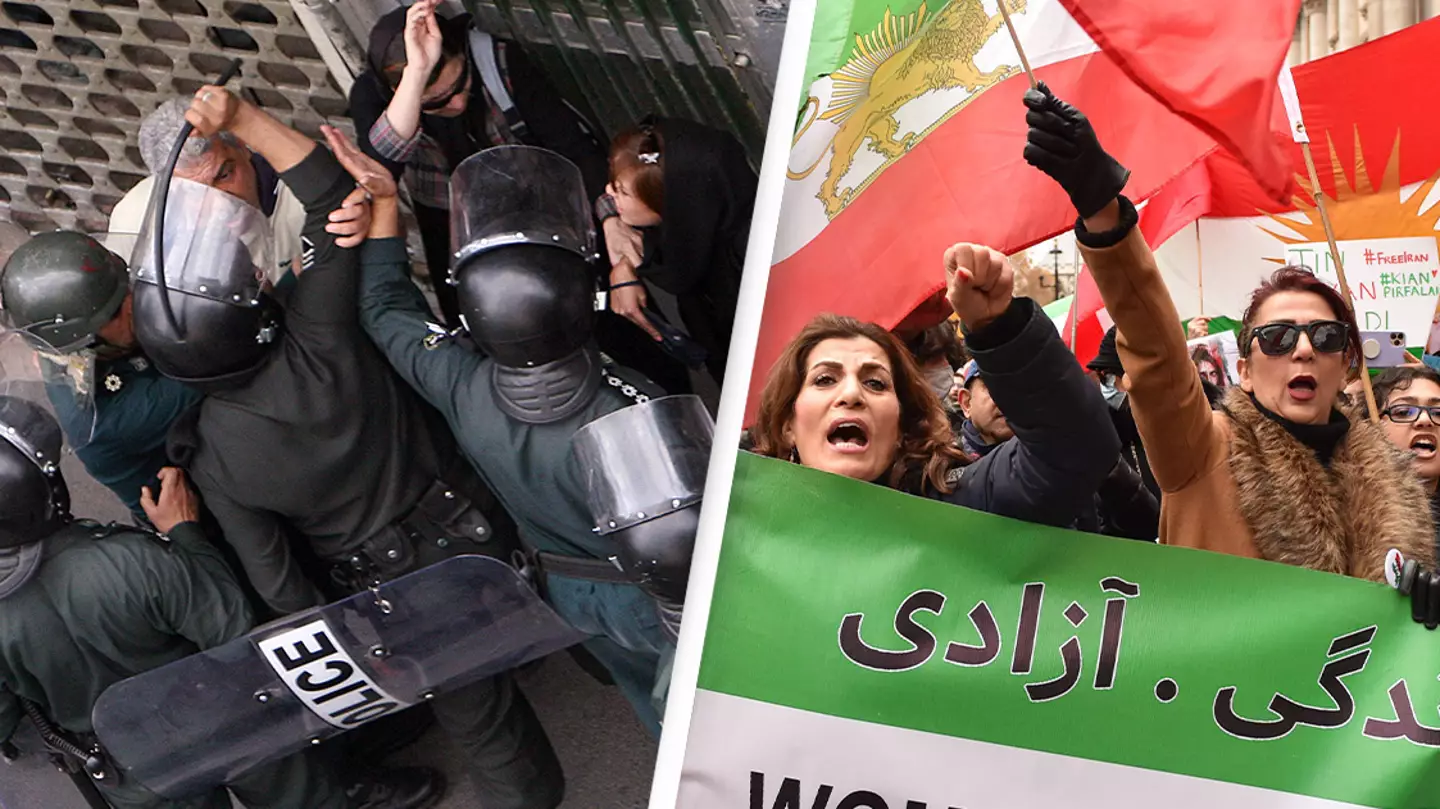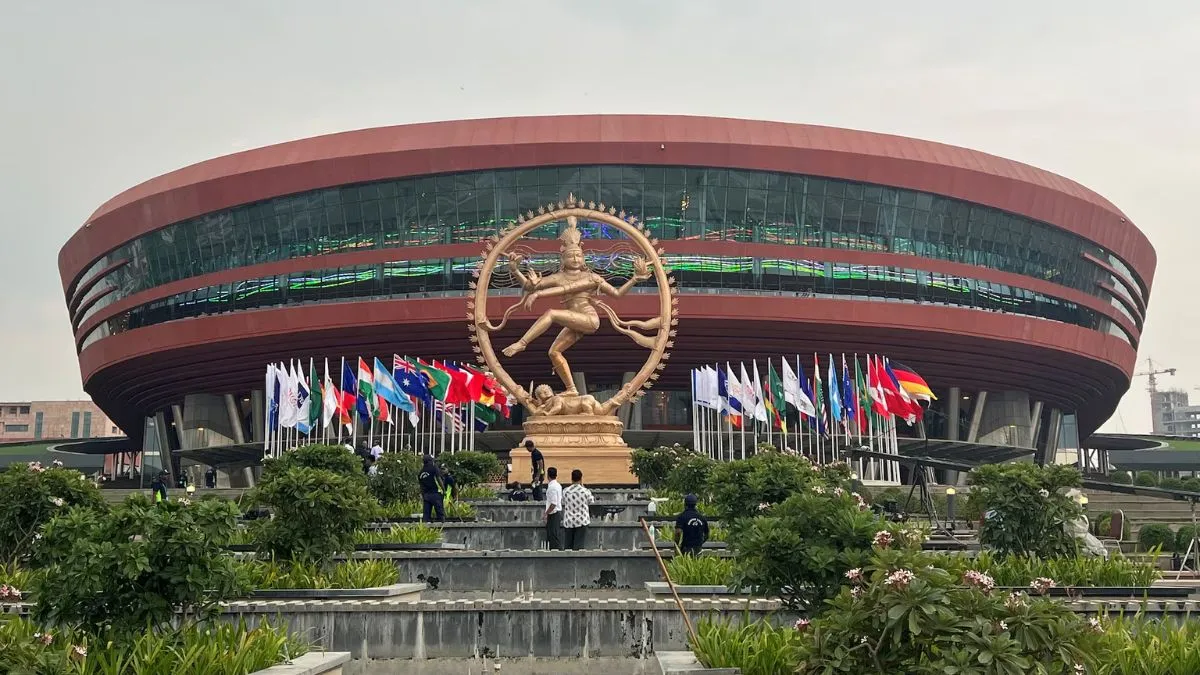Madagascar in Crisis: Youth-Led Protests Rock the Nation as Calls for President’s Resignation Grow- Madagascar is in turmoil. What started as a small outcry against recurring power cuts and water shortages has exploded into one of the largest protest movements the island nation has seen in decades. At the heart of it all is a restless generation — young, tech-savvy, and determined to challenge the political establishment led by President Andry Rajoelina.
The Beginning of Unrest
The first demonstrations erupted in late September 2025 in Antananarivo, Madagascar’s crowded capital. Residents had grown tired of long, unplanned blackouts that left neighborhoods in darkness for hours and frequent water shortages that made daily life unbearable. When weeks passed without government action or transparency, anger spilled into the streets.
Students and young professionals were the first to mobilize, gathering in city squares, holding placards, and chanting, “Enough is enough!” What began as frustration over basic services quickly evolved into a broader political uprising — one that questioned the government’s credibility, corruption, and its failure to address the worsening cost of living.
The Rise of Gen Z Madagascar
This uprising has a new face — Gen Z Madagascar, a movement driven by young citizens who feel abandoned by years of failed leadership. Many of them have never known stable governance. They have grown up in an era of constant political upheaval, economic stagnation, and unemployment. But unlike previous generations, they are armed with smartphones, social media, and an unshakable sense of solidarity.
Through platforms like TikTok, Facebook, and X (formerly Twitter), these activists have shared videos of protests, police crackdowns, and messages of unity. Hashtags such as #MadagascarUprising and #RajoelinaResign have gone viral, drawing international attention. The online momentum has turned local anger into a national — even global — conversation.
Streets Turn Volatile
Protests have spread from the capital to cities such as Toliara, Mahajanga, and Diego Suarez, shaking the country’s political stability. In several areas, demonstrations have turned violent as security forces used tear gas and rubber bullets to disperse crowds. The United Nations reports at least 22 people dead and more than 100 injured since the unrest began.
Shops have closed early, public transportation has stalled, and fear grips many residents as nighttime curfews are enforced. The government claims it is trying to “restore order,” but protesters accuse authorities of silencing dissent. Each crackdown, however, only seems to fuel more determination.
The President on the Defensive
President Andry Rajoelina, who first rose to power through a coup in 2009 and later returned via elections, now finds himself facing the most serious challenge of his political career. In an attempt to ease tensions, he dissolved his cabinet and called for a “national dialogue.” Yet, opposition leaders and protesters alike have rejected the move, labeling it a “cosmetic gesture” designed to buy time.
“We are tired of promises,” said a young protester in Antananarivo. “We want a new start — one without corruption and lies.”
A Country at a Crossroads
Madagascar’s crisis reflects a deeper national struggle — decades of economic inequality, poor infrastructure, and government mismanagement have left the country vulnerable to unrest. Despite being rich in natural resources and biodiversity, Madagascar remains one of the poorest nations in the world. The growing divide between the political elite and ordinary citizens has never been more visible.
The protests have also sparked debate across Africa about the power of youth movements in shaping the continent’s political future. Much like Nigeria’s #EndSARS or Sudan’s pro-democracy protests, Madagascar’s Gen Z-led uprising signals a generational demand for reform and accountability.
What Comes Next
As curfews continue and international pressure builds, Madagascar stands at a critical turning point. Will the government respond with genuine reform, or will the unrest spiral into deeper instability? For now, one thing is certain — the people have found their voice, and they are not ready to be silenced.
The chants echo through the streets of Antananarivo each night: “We want change, not excuses.”
And this time, the world is listening.
Russia and Ukraine: A History of Brotherhood, Betrayal, and War | Maya



